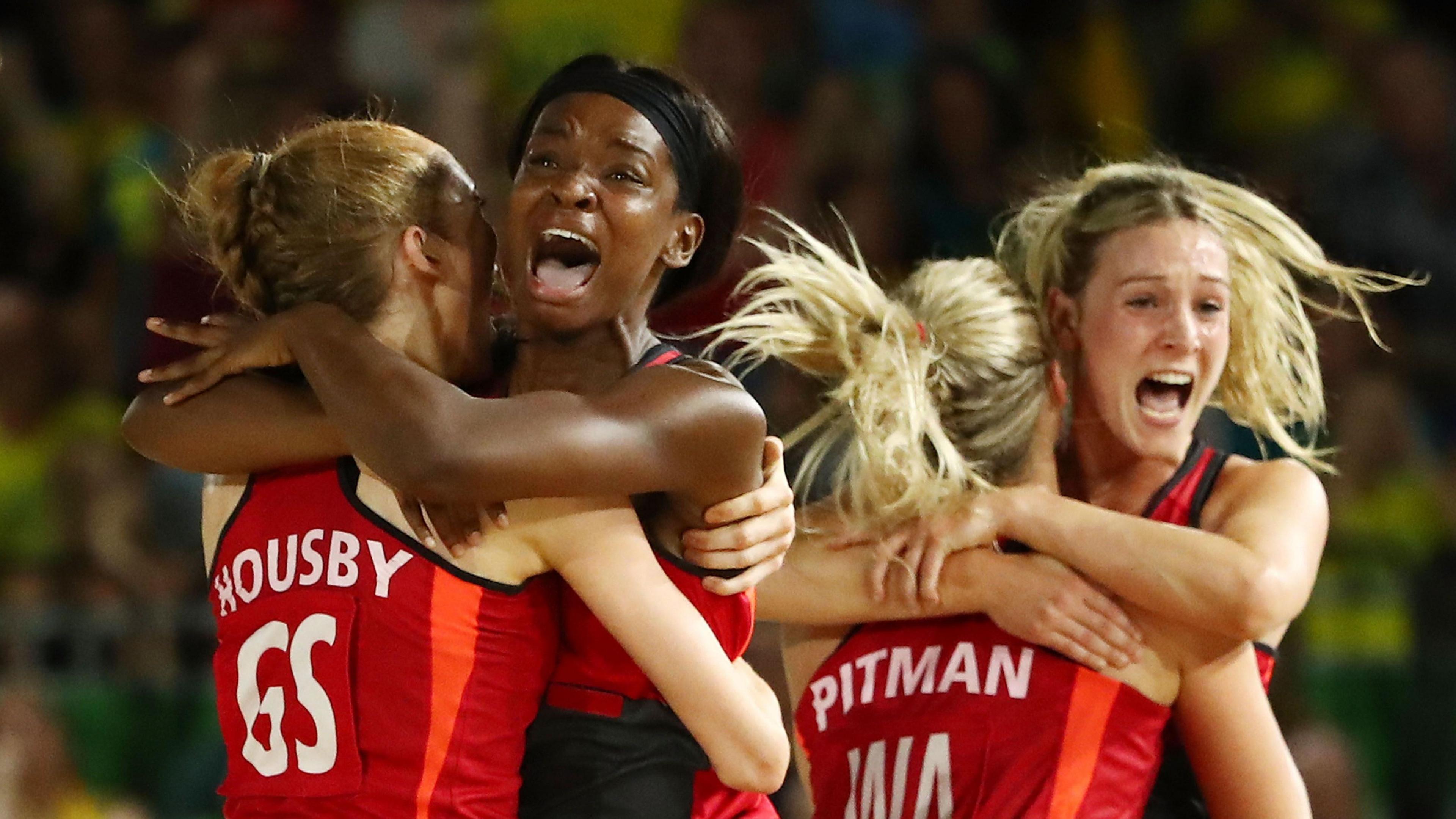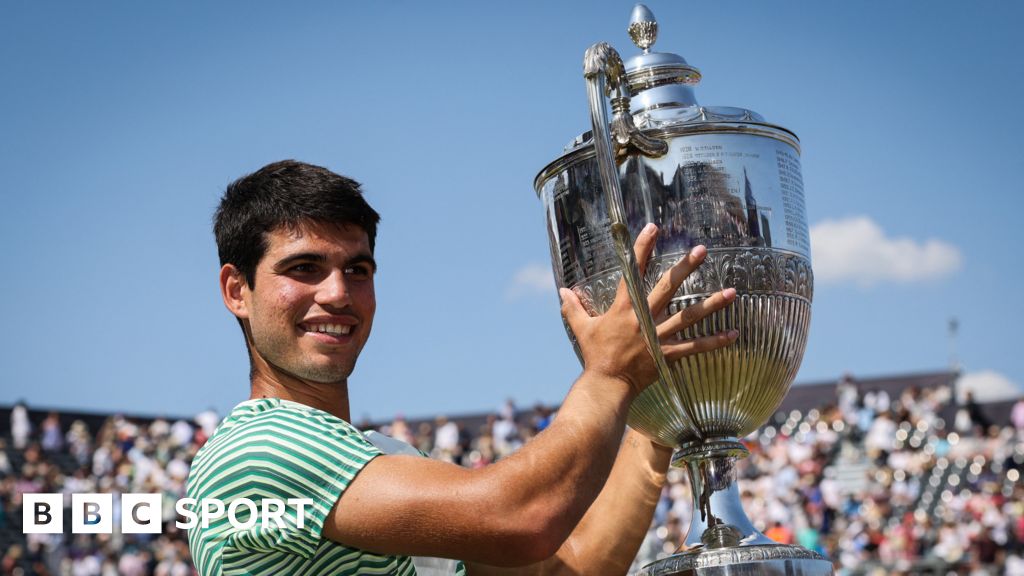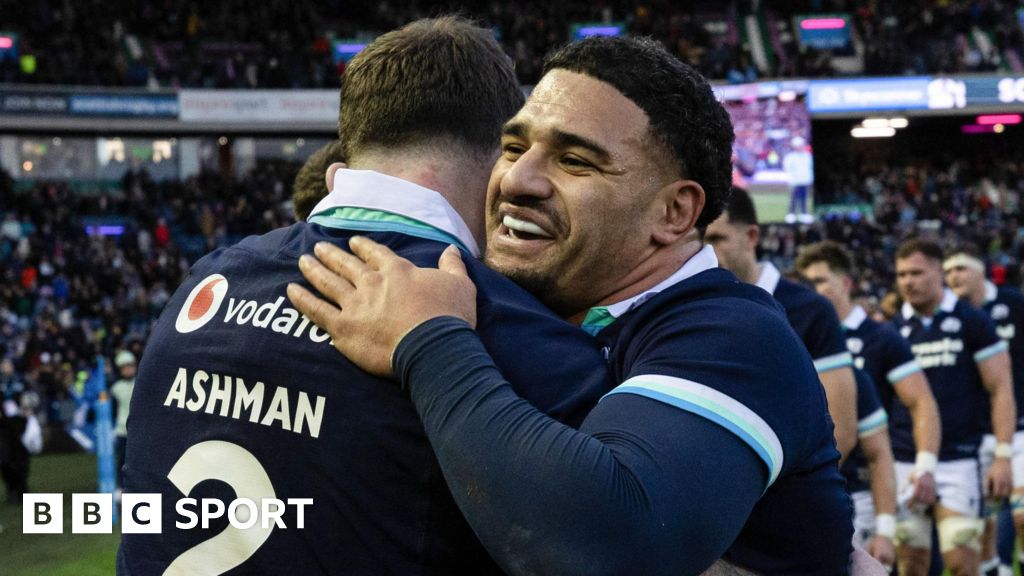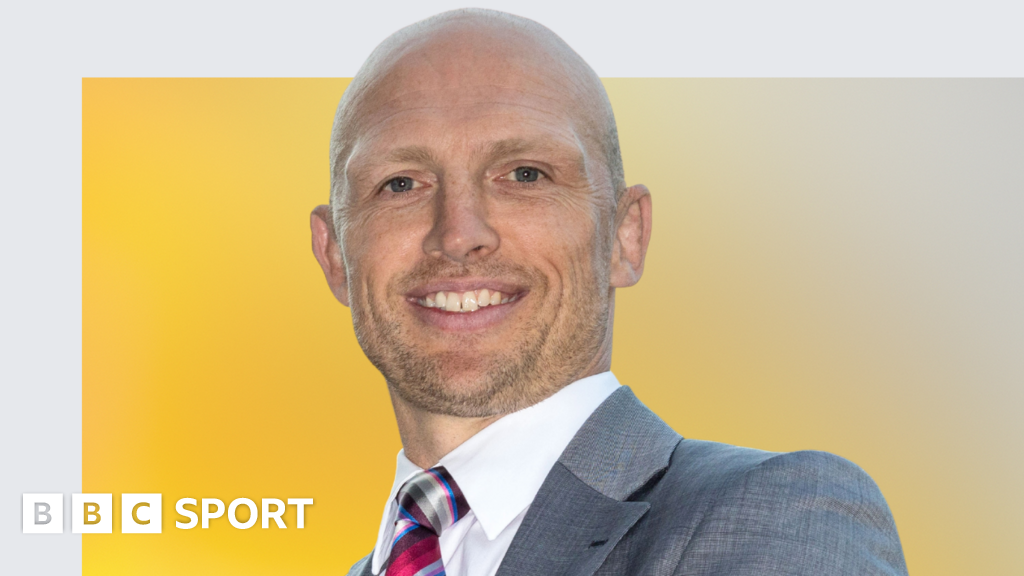ARTICLE AD BOX
 Image source, Getty Images
Image source, Getty Images
England's netballers were among the stars of the 2018 Commonwealth Games, winning gold
Jonathan Jurejko
BBC Sport senior reporter
When legendary rocker Ozzy Osborne brought the curtain down on the 2022 Commonwealth Games, there was a sense of euphoria in Birmingham.
The Games was widely considered a roaring success, providing a post-Covid buzz to the city, the country and the competing Commonwealth nations.
However, it came at a price. Costing £800m, it was the most expensive sports event hosted in the UK since the 2012 Olympics.
Reform of the Games - making it more cost-effective, sustainable and future-proof - was already an intense discussion point.
Then, the Australian state of Victoria pulled out of hosting the 2026 event. State Premier Daniel Andrews concluded it was "all cost and no benefit" and plunged the future of the Commonwealth Games into serious doubt.
To the rescue came Glasgow.
The Scottish city hosted the Games in 2014 but it will have a very different, streamlined look when it returns there in two years' time, with only 10 sports to be played out over four venues.
"This Games is about the resetting and reframing of the Games for the future," said Commonwealth Games Federation chief executive Katie Sadleir.
"We want to create a sustainable model that can go around the Commonwealth because the Commonwealth members love the Commonwealth Games and we want to take it there as well."
What will the slimmed-down Games look like?
The Commonwealth Games has always had a flexible programme, where the choice of sports is dictated by the host city.
The list is drawn up after consideration to the "universality of participation and quality of competition", as well as local infrastructure and interest.
At Glasgow 2026, there will be 10 sports:
Athletics and Para-athletics (track and field only)
Swimming and Para-swimming
Artistic gymnastics
Track cycling and Para-track cycling
Netball
Weightlifting and Para-powerlifting
Boxing
Judo
Bowls and Para-bowls
3x3 basketball and 3x3 wheelchair basketball
Twelve sports that featured at Birmingham 2022 - plus the marathon, Para marathon and 10k walk, which are typically key components of the athletics and Para-athletics events - have been cut for Glasgow's staging of the Games.
The sports that have been cut are:
Hockey
Squash
Rugby sevens
Cricket
Beach volleyball
Diving
Badminton
Road cycling
Mountain biking
Table tennis
Triathlon
Wrestling
'Regrettable' and 'time to reflect' - the sports losing out
Prior to Tuesday's announcement, only athletics and swimming were assured of their place at Glasgow 2026 as 'mandatory' Commonwealth Games sports.
The sports dropped have met the decision with understandable disappointment.
Diving has been part of every Games since 1930 but has missed out in Glasgow, with a lack of an existing purpose-built venue being cited as the primary reason.
Scottish Swimming acknowledged the "difficult decisions" facing organisers but expressed concern for the "diving community who will undoubtedly feel disappointed".
Diving Australia said the sport's Commonwealth heritage made the decision "even more regrettable".
Hockey is another long-standing core sport - having been introduced in 1998 - to lose out.
"It is really disappointing and a reflection of where we are as a sport," said former Great Britain captain Kate Richardson-Walsh, who helped England win women's hockey silver at Glasgow 2014.
"It is a moment where we should reflect as a sport, for many different reasons, about how we can improve and stay relevant."
Squash, badminton and table tennis were all culled, meaning there will be no racquet sports in Glasgow.
Three-time squash gold medallist Nick Matthew was surprised his sport's "heritage and tradition of providing a world class competition in the Commonwealths" did not save its place.
"It's a blow. With the UK countries, Australia, New Zealand, Pakistan, India, Malaysia, etc, the depth of competition is incredibly high," said Matthew.
"It’s always been valued right alongside the World Championship for us.
"Hockey missing out stood out to me as well. I think you would be hard pushed to see more world class sports at Commonwealth level than squash or hockey."
Why one nation faces a 'shocking setback'
For many sports, the Commonwealth Games remains the biggest stage to showcase their talent, both to home and international audiences.
More eyeballs on the sport can lead to more interest and, crucially, more investment for today's and tomorrow's stars.
"These are small windows of opportunities for minority sports to be seen and to get support which they’re now going to miss out," said Richardson-Walsh, who had a stint as assistant coach of the Canada women's hockey team last year.
"What does that mean for these sports and countries?"
India, who were fourth in the 2022 medal table, are one of the competing nation teams who look set to be hit hardest by the slimmed-down programme.
According to ESPN,, external there were 210 Indian athletes who competed in Birmingham - 98 participated in sports which have been axed.
Indian competitors won 61 medals for their nation, including 30 in events not being held in Glasgow.
"It is a shocking and huge setback for Indian sports," said Sanjay Mishra, general secretary of the Badminton Association of India.
"It feels like a conspiracy to sideline India's rising sporting potential."
'Important for inspiration and inclusivity' - the winners
Scaling down the Commonwealth Games means fewer sports, fewer athletes and fewer venues.
The cost-cutting measures left many - including long-standing core sports which see the Commonwealth Games as the pinnacle - facing an anxious wait.
Netball was one of them. Yet to be elevated to an Olympic sport, its biggest global platform is the Commonwealth Games and there was a sense of relief that it will feature in Glasgow.
Scotland international Niamh McCall said she was "glued" to the news of the decision because of the impact being included - or not - would have on her sport.
"I was so nervous for the list to come out, so I'm super happy and excited netball has been selected," she said.
"The Commonwealth Games are massive for our sport because we don't compete at the Olympics. It is important and for young girls to see us play and get involved."
Netball Australia, whose team won the first Commonwealth gold in 1998 and are reigning champions, said the decision was indicative of netball's "depth and strength".
Boxing and lawn bowls - both present in the inaugural edition of the event in 1930 - have also made the cut despite fears they might be dropped.
Officials from World Bowls, Bowls Scotland and Bowls England said they were "delighted" with the decision.
"The Commonwealth Games is the pinnacle event for our sport," added the world governing body.
"It creates unparalleled levels of visibility, inspires new people to take up bowls and provides a North Star for our leading bowlers."
Para sport will once again be fully integrated at the Games, with six events included on the programme.
"Integration of Para-sport has been a very successful aspect of the Commonwealth Games programme since Manchester 2002," said Paralympics Australia interim CEO Cameron Murray.
"While the reduced programme means some sports are unable to compete at these Games, we are pleased to see a high level of representation that ensures the Games remains a great example of inclusion and diversity in elite sport."
Is there hope for the future?
As the disappointment of missing out sunk in for some sports, Games officials have been keen to stress the door has not been shut for good.
"Every time you run a different Games you have a different make-up of sports," said CGF chief executive Sadleir.
"This is a compact programme and it has been necessitated by the timeframe we have had to develop a world class event.
"This is definitely not a precedent of which sports will be on the programme in the future."
That is presuming, however, there are takers to host the 2030 event. The existential threat to the Games continues to loom large.
"Not much of the Commonwealth Games left is there," said television presenter Fred Sirieix, whose daughter Andrea Spendolini-Sirieix was a diving gold medallist at Birmingham 2022.
"Such a scaled back competition makes you wonder about its future."
Conal Heatley, the chief executive of Commonwealth Games Northern Ireland, said there has been a "very mature" response from the sports that missed out, a reaction which appears to be rooted in the hope that the event has taken a step back to move forward again.
"Given where the Commonwealth Games was after the state of Victoria withdrew last summer, there was a fear the Games could just slip away," Heatley said.
"I think if we had looked at the future of the Games six or nine months ago, I'd have been nervous. I'm a lot more confident now."

 1 month ago
9
1 month ago
9








 English (US)
English (US)